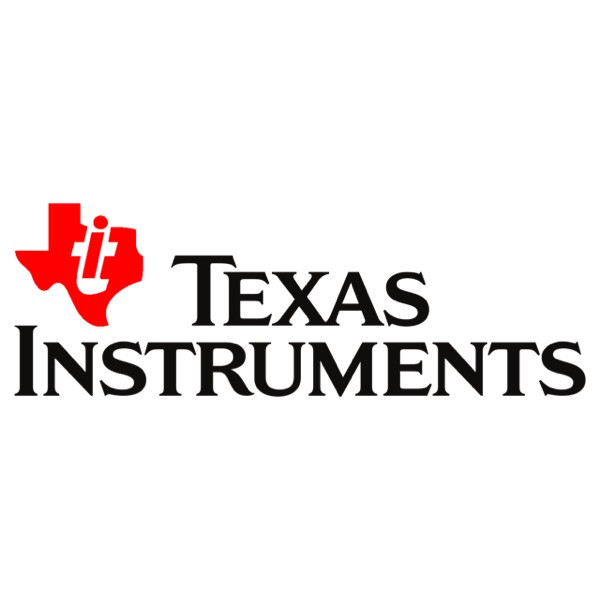New edge AI-enabled radar sensor and automotive audio processors to reimagine in-cabin experiences
09-01-2025 | Texas Instruments | Semiconductors
Texas Instruments has introduced new integrated automotive chips to facilitate safer, more immersive driving experiences at any vehicle price point. Its AWRL6844 60GHz mmWave radar sensor supports occupancy monitoring for seat belt reminder systems, child presence detection and intrusion detection with a single chip running edge AI algorithms, facilitating a safer driving environment. With its next-generation audio DSP core, the AM275x-Q1 MCUs and AM62D-Q1 processors make premium audio features more affordable. Together with the company's latest analogue products, including the TAS6754-Q1 Class-D audio amplifier, engineers can take advantage of a complete audio amplifier system offering.
"Today's drivers expect any car – entry-level to luxury, combustion to electric – to have enhanced in-cabin experiences," said Amichai Ron, senior vice president, TI Embedded Processing. "TI continues to provide innovative technologies to enable the future of the automotive driving experience. Our edge AI-enabled radar sensors allow automakers to make vehicles safer and more responsive to the driver, while our audio systems-on-chip elevate the drive through more immersive audio. Together, they create a whole new level of in-cabin experiences."
OEMs are gradually designing in more sensors to improve the in-vehicle experience and fulfil evolving safety standards. The company's edge AI-enabled AWRL6844 60GHz mmWave radar sensor allows engineers to include three in-cabin sensing features to replace multiple sensor technologies, such as in-seat weight mats and ultrasonic sensors, lowering total implementation costs.
The AWRL6844 integrates four transmitters and four receivers, allowing high-resolution sensing data at an optimised cost for OEMs. This data feeds into application-specific AI-driven algorithms on a customisable on-chip hardware accelerator and DSP, enhancing decision-making accuracy and reducing processing time.
As driver expectations grow for elevated in-cabin experiences across vehicle models, OEMs aim to deliver premium audio while minimising design complexity and system cost. AM275x-Q1 MCUs and AM62D-Q1 processors decrease the number of components needed for an automotive audio amplifier system by integrating the company's vector-based C7x DSP core, Arm cores, memory, audio networking and hardware security module into a single, functional safety-capable SoC. The C7x core and a matrix multiply accelerator form a neural processing unit that processes traditional and edge AI-based audio algorithms. These scalable automotive audio SoCs allow designers to meet memory and performance needs, from entry-level to high-end systems, with minimal redesign and investment.
The company's next-generation C7x DSP core achieves more than four times the processing performance of other audio DSPs, allowing audio engineers to manage multiple features within a single core. AM275x-Q1 MCUs and AM62D-Q1 processors enable immersive audio inside the cabin with spatial audio, active noise cancellation, sound synthesis and advanced vehicle networking, including Audio Video Bridging over Ethernet.
"Dolby's longtime collaboration with Texas Instruments has enabled incredible audio experiences in the home, which we're now bringing into the car," said Andreas Ehret, senior director of Automotive Business at Dolby Laboratories. "With TI's C7x DSP core, we can now deliver the latest Dolby Atmos capabilities more efficiently, including support for even smaller form factor audio systems so nearly all vehicles can have Dolby Atmos. Together, these products can help turn every car ride into an immersive entertainment experience."
To further optimise their automotive audio designs, engineers can use the company's TAS6754-Q1 audio amplifier with innovative 1L modulation technology to deliver class-leading audio performance and power consumption, with half the number of inductors compared to existing Class-D amplifiers. The TAS67xx-Q1 family of devices, which integrates real-time load diagnostics required by OEMs, enables engineers to simplify designs, decrease costs, and improve efficiency without sacrificing audio quality.
Visit Texas Instruments at CES 2025 from Tuesday, Jan. 7 through Friday, Jan 10 in the Las Vegas Convention Center North Hall, meeting room No. N116; and Thursday, Jan 9 at 4 p.m. Pacific Standard time: Fern Yoon will participate in 'The Road Ahead: Software Defined Vehicles'.



